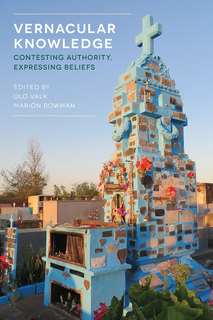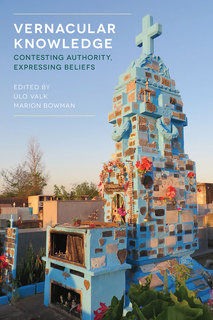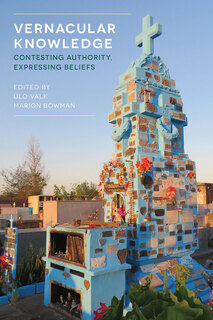This volume presents vernacular knowledge as a realm of discourses and beliefs that challenge institutional authorities and official truths. It draws attention to various genres as expressions of alternative knowledge in relation to authority, including traditional and personal experience narratives, life stories, ditties, and jokes. These are transmitted through a wide range of vehicles of expression including online, face to face, social media, forums, networks, and conferences, which are shared and shaped communally but individually articulated and actualised. Vernacular knowledge and vernacular authority also underpin a variety of material culture, rituals and other practices.
The volume covers various realms of the supernatural, such as ghosts, saints, spirits, magic, energy lines, and divinations. However, it also discusses beliefs that do not involve the supernatural such as conspiracy theories, politically and ideologically determined creeds, stereotypes and other cases where beliefs appear as socially compelling ideas and challenge prevailing received wisdom. Vernacular religion is examined not only in relation to institutional religion but also to secularism, state sponsored atheism, scientific rationalism and official medicine. The book proceeds from the premise that in contrast to institutionally established discourses with monological voicing, the expressive field of vernacular is always heteroglot; it eludes regulation and supervision.




